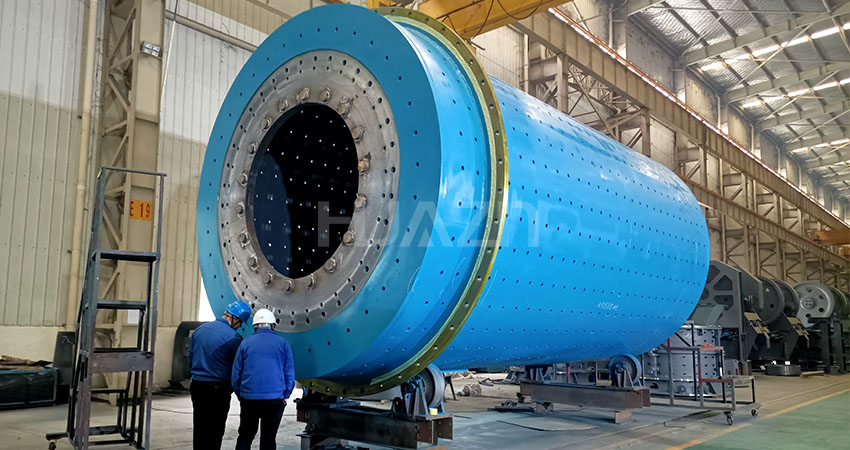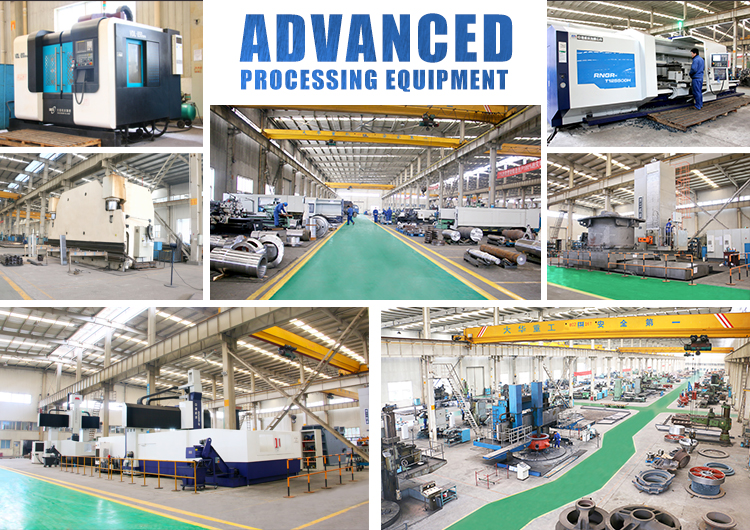When it comes to grinding materials in mining, cement, or chemical industries, ball mill and rod mill are two commonly used grinding mill machine. The two mills are similar, but they have distinct differences in design, performance, and application. Choosing the right one depends on factors like material properties, desired product size, and operational efficiency.

Key Differences Between Ball Mills and Rod Mills
Grinding Media
Ball Mill: Uses steel balls as the grinding media. The balls impact and crush the material through collision and friction.
Rod Mill: Uses long steel rods instead of balls. The rods grind the ore by rolling and sliding within the mill, producing a more uniform particle size.
Grinding Mechanism
Ball Mill: More suitable for fine grinding due to the high-impact forces from the balls. It produces a finer but less uniform product.
Rod Mill: Better for coarse grinding with less overgrinding. The rods maintain linear contact, leading to a more selective grinding process and a narrower particle size distribution.

Product Fineness
Ball Mill: Capable of producing very fine particles (below 100 microns), making it ideal for secondary grinding.
Rod Mill: Typically produces a coarser product (ranging from a few millimeters to around 1 mm), making it suitable for primary grinding.
Mill Design & Operation
Ball Mill: Usually operates at higher speeds (70-80% of critical speed) and requires more energy.
Rod Mill: Operates at lower speeds (60-70% of critical speed), consuming less power for the same capacity.

How to Choose Between a Ball Mill and a Rod Mill?
Choose a Ball Mill:
The material is hard and abrasive (e.g., quartz, iron ore). | Ultra-fine grinding (e.g., cement, silicate products, fertilizers). | High-capacity grinding with a smaller footprint.
Choose a Rod Mill:
The material is soft or brittle (e.g., coal, bauxite). | Coarser grind with a more uniform particle size. | Sand making process
Both ball mills and rod mills are essential grinding equipment, but their selection depends on the material characteristics and desired product size. Ball mills excel in fine grinding, while rod mills are better for coarse grinding with minimal fines. Understanding these differences ensures optimal efficiency and cost-effectiveness in mineral processing and other grinding applications.


